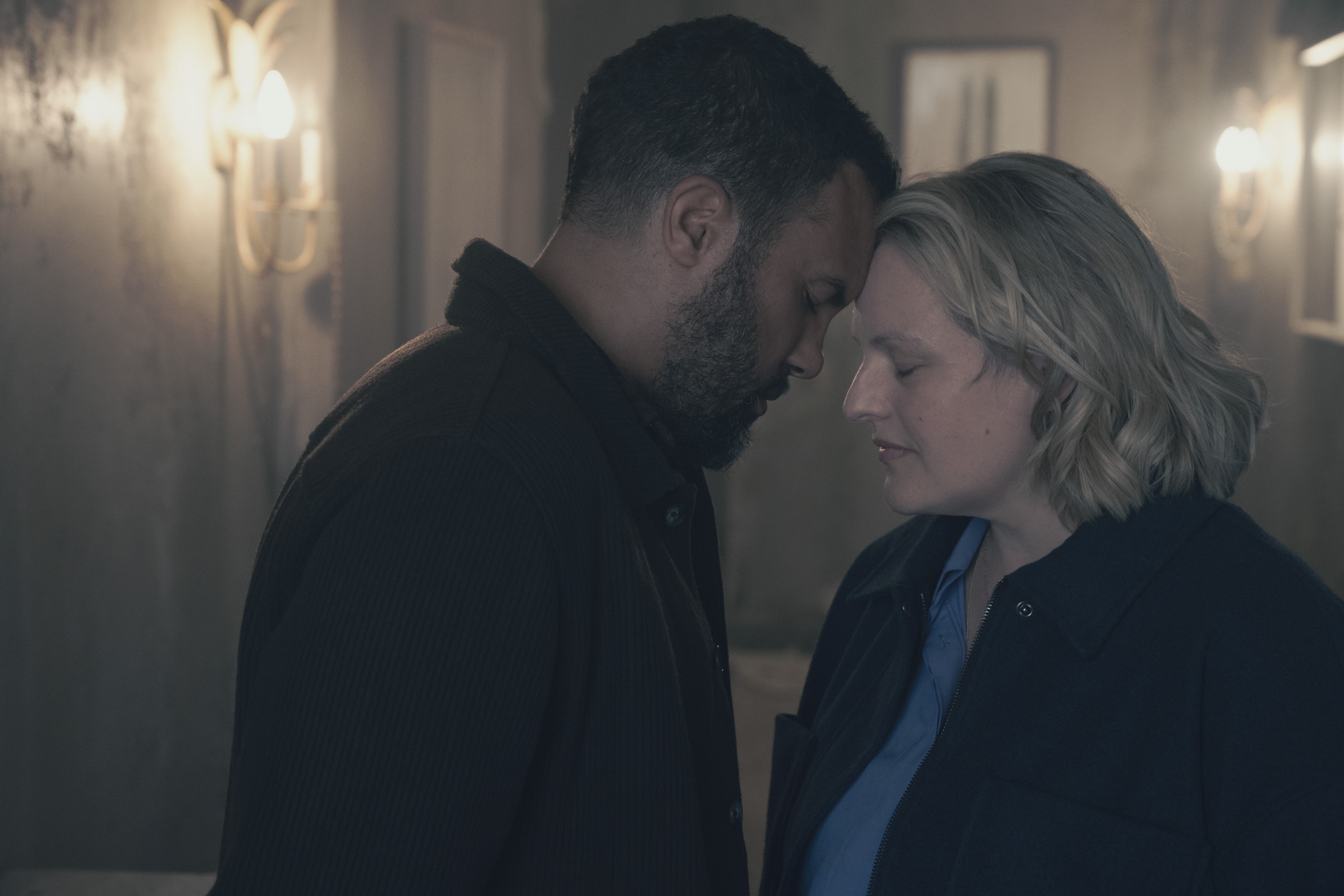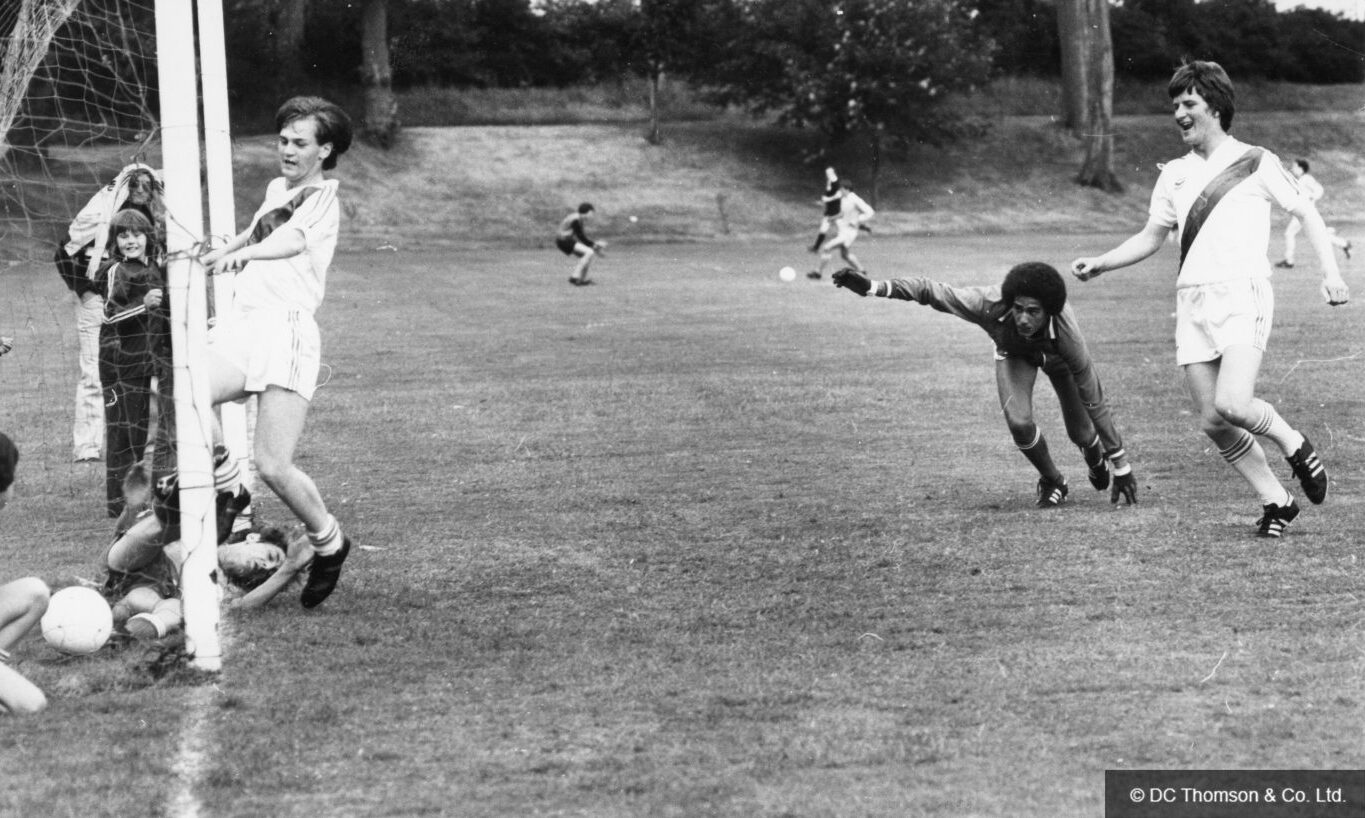A downsizer’s dilemma: Is trading two rentals for one future home worth it?

As you plan to potentially make this rental property your home eventually, it is not just a case of balancing financial considerations. Photograph: iStock We own two properties which are rented and have no mortgages. One is in Co Wicklow and is worth c.€300k. The other is in Glasnevin and valued c.500k. If possible, we would like to sell them and buy a property closer to our home in Dublin which we would rent and possibly move to when we need to downsize from our own home. We would hope our rental income would end up the same as the combined income we currently receive. We are aware that the sales of both houses will be subject to capital gains tax. These will have to be paid at some stage – even if that happens when our children inherit them. Are there any other considerations we need to be aware of? Is it in theory a good or bad idea? READ MORE Ms S.D. Whether this is a good idea or a bad idea is really a matter for you, depending on your own financial and other circumstances. However, there are a couple of things you might consider. First up, there is the challenge of matching from one new investment property the rental income two properties currently deliver for you. I am not personally familiar with the property market in Glasnevin never mind Wicklow, where I would guess there are wildly different factors at play depending on where in the county the property is. However, checking via MyHome and Daft.ie, those valuations would suggest a two or three-bed place in Wicklow and likely a three-bed in Glasnevin. In terms of gross rental income, that would be around €2,500 in Glasnevin these days, I gather – and anywhere between €1,400 and in excess of €2,500 in Wicklow, depending on location. In Dublin, generalising very broadly, you can expect rental upwards from €1,100 per room – again depending on location and type of property. Of course, there will be savings as you will have maintenance and regular upgrade costs on just one property rather than two. But if you are looking to buy in a suburban location in the capital, as you are, while matching your existing rental income, I suspect you are looking at purchasing a four-bed property at least. There’s nothing wrong in that except you say you are considering this prospective purchase with one eye on downsizing from your current home at some point. The reasons for downsizing are generally to find a more manageable property as you get a bit older, a smaller home now that your children have moved on or for health and mobility reasons. All entail moving to a smaller property and a four-bed home – almost certainly featuring stairs – might struggle to meet those requirements. You could find yourself with one Dublin rental that you need to sell, in turn, to fund something smaller. Part of the reason so many people refuse to downsize is that it can be very difficult to find appropriate properties, especially bungalows or sufficiently large apartments, in their local areas. And at that age, people are understandably reluctant to up sticks and move to an entirely new area where they where they don’t know anyone or have access to familiar facilities, and need to re-establish from scratch trust-based support structures such as GPs, pharmacies, hairdressers etc. One other thing to consider is the future of rent pressure zones and what that might mean – either for your current investment properties, both of which are currently in rent pressure zones, or the Dublin property you might replace them with. The Government seems certain to announce reform of the current system later this year and that could impact the value of your existing rental properties or the potential of any replacement investment property. Tax In relation to tax, you mention that selling the two current rentals will crystallise a capital-gains tax charge. That is true. Both properties are likely to have grown in value significantly over your period of ownership, given the general trend of property prices. You can obviously get a good fix on that potential bill as you have these current valuations and you know what you paid for them. You will also have on file any costs incurred in enhancing the properties in a way that might be deductible from any headline capital gain. Assuming that was since 2003, no indexation relief applies. However, if the properties were bought between December 7th, 2011 and the end of 2014, you will benefit from a seven-year capital gains exemption which could reduce any capital gains tax exposure you have if you sell now. What might give you pause for thought is your comment that capital gains tax liability is inevitable...“even if that means when our children inherit them”. Not so. Capital gains liability with the owner of an asset. So, if your children were to inherit these two existing rental properties when you die, they would not face any capital gains tax charge. They would be liable for capital gains only on the increase in value of these properties between the time they inherit them and the time they subsequently sell them. And if any of your children was to use any of these properties as their family home, they would face no capital gains charge even then. Now, depending on the capital acquisitions tax (inheritance tax) thresholds in place at the time, they might face a tax bill under that heading but that’s a different thing. As it stands, any child of yours can inherit – or receive gifts in excess of €3,000 in any tax year – up to a total of €400,000. That figure was increased in the last budget from €335,000. The relevant figure for them will be the one in place when the parent from whom they are inheriting . The current threshold could rise (most likely) or fall (less likely) by then. On the basis of the current threshold, these two properties are, between them, worth €800,000. And then there is your existing family home which, given you are talking about downsizing to a property that could cost up to €800,000, is, I assume, worth more than that again. So, unless you have a large family, it is likely they will have some exposure to capital acquisitions tax, as they will inherit assets worth more than €400,000. They will pay 33 per cent on anything above that figure. After you finish crunching all the numbers, the one bit of advice I would give is that finding a home is about more than numbers. I have seen many people move home in retirement to new countries, down the country and even new parts of the city. It can be a wrench, not least as we all get less flexible as we age, which can make establishing ourselves in a new neighbourhood and building new networks more challenging. And failure to do so can lead to a lot of personal and family stress. So if you are going to sell these two properties and buy a replacement investment property in Dublin with an eye to it being your home at some point in the future, make sure that it will suit you as a home and not just as a sound investment. And don’t worry too much about your children’s tax position when you’re gone. They’ll be OK. Please send your queries to Dominic Coyle, Q&A, The Irish Times, 24-28 Tara Street Dublin 2, or by email to dominic.coyle@irishtimes.com with a contact phone number. This column is a reader service and is not intended to replace professional advice



















